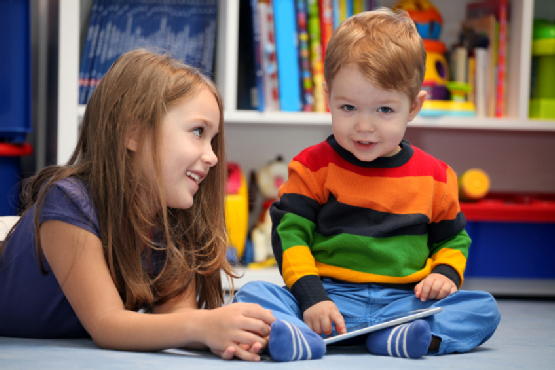All children, including children with developmental delays, need to engage in social interaction regularly. Social interaction helps children develop vital skills they will use for the rest of their lives. Unfortunately, children with autism often experience challenges with social skills, such as initiating conversations with their peers or asking to join in a game. A social skills group guided by behavior therapists can help children learn to successfully navigate social interactions.

Self-Confidence
Children with autism who struggle to interact with peers and lack the ability to make friends often suffer from poor self-confidence. They may want to play with other children, yet aren’t sure how to approach their peers. In a social skills group, an autism therapist can teach children how to develop these vital peer relationships . Building friendships nurtures children’s self-confidence and self-esteem, and they can become emotionally resilient.
Language Development
Successfully interacting with peers enables children to relax and have fun. However, it also encourages the development of critical skills, including language and speech. Peer interaction allows children to practice their receptive language skills—or listening comprehension. They have more opportunities to work on their expressive language skills—or spoken and written words. Plus, it provides for pragmatic language skill development, which is an issue that children with autism often struggle with. Pragmatic language refers to skills such as making eye contact and interpreting facial expressions.
Problem Solving
Children can learn problem solving skills in independent play; however, problem solving skills within a social context is a dynamic learning experience for children. With regular social interaction, children are introduced to a variety of social situations that often require problem solving skills such as conflict resolution.
If your child displays social skills deficits, he or she can benefit from the social skills group services available at The Behavior Exchange . These fun and stimulating groups are led by highly skilled behavior therapists, who guide children in learning how to make friends, interact appropriately, and grow in self-confidence. Families in the Dallas area can call (972) 312-8733 to learn more about our autism therapy programs.
